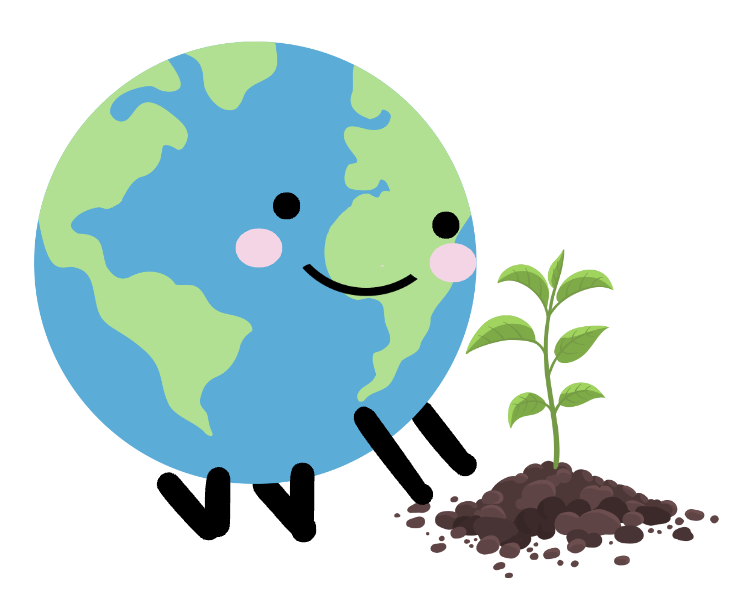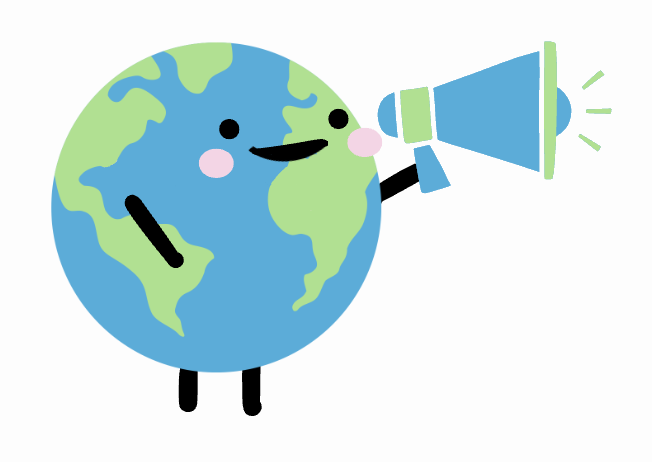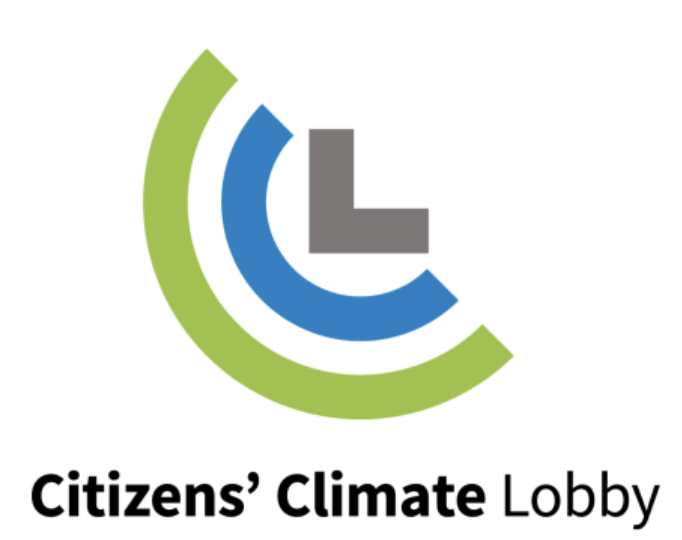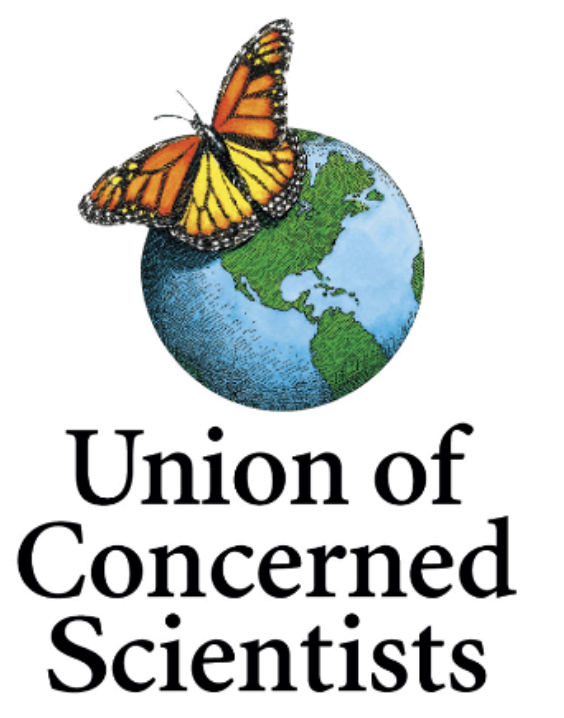Welcome to EnviroActionClub!
We are so glad you’re here! This is a project run by WWU students dedicated to turning climate anxiety into climate action. We believe that the future is bright if and only if we work together to make it that way.
Every individual can make a difference; we’ll show you how.
Get to Know Us
-
EnviroActionClub connects you with ways you can protect the environment and fight climate change. Our website gathers all of the events, letters to congress, and eco-friendly actions that you can take all in one place.
You can then choose how you want to do your part. Find what works for you and get going!
-
Political Activism is fightng for the planet by pressuring lawmakers and government officials to make change.
Lawmakers say that for every one letter they receive, they assume 100 people agree with that opinion. They also listen to their constituents because that’s how they get votes. However, most legislators claim they don’t hear from their constituents about climate change.
We have found all of the ways you can contact congress and government organizations to demand change on a range of issues from clean energy to racial justice in farming to protecting endangered species. All you have to do is send the letter.
When we all use our voices together, we can change the trajectory of legislation and policy. Only those who make noise make change.
-
Every Saturday from 9 AM- 12 PM, the City of Bellingham hosts Community Work Parties. We swear these are actually more fun than they sound.
Community members get together to improve a part of our local environment, such as a section of wetlands or a park. Everyone helps clean it up, remove invasive species, and restore natural habitat. There’s often refreshments provided, and the work is fun and gets you sweating.
-
Action on Campus is everything environmental happening at WWU! We will keep you up to date on events, clubs, majors and minors, internships and jobs, and other activities that engage in environmental activism
We also include ways you can make small changes to your day to day life to help the environment. We don’t want to lecture you about how to live your life, and we know these changes are small, but they are an easy way to make the culture on campus more eco-friendly while lessening your personal impact on the environment.
If you’re short on time but looking for ways to help fight climate change, this is a good place to start.
How Am I Making a Difference?
No one person can solve climate change, but through collective action, we can change our trajectory and create a clean, safe world for future generations.
Environmental activism doesn’t require you to give up all your hobbies or time. Here is how you can make a huge difference:
Advocate for the Environment to Lawmakers
Contacting Congress makes your voice heard to lawmakers, which is essential for influencing legislation. Only those who speak out will get their issues prioritized.
As a voter, you have power over legislators. Their job is to listen to their constituents (you) because they want to get reelected. When you write to Congress, you show them what voters care about, so they will be pushed to fight for those issues.
Congress members have staff dedicated to reading constituents’ letters. They then summarize to the law maker what people are feeling. So even though the lawmaker may not directly read it, your letter will be read and will influence the lawmaker. The more letters the better, which is why collective action is so important.
“Ecosystem restoration offers the opportunity to effectively halt and reverse degradation, improve ecosystem services and recover biodiversity. It is estimated that 60 per cent of expected species extinctions could be avoided through the effective restoration of 15 per cent of converted lands.6 Furthermore, the protection of existing intact ecosystems and the restoration of degraded ecosystems has the potential to contribute to over one third of total climate change mitigation required by 2030.”- United Nations Report
“Letters and faxes are an extremely effective way of communicating with your elected officials. Many legislators believe that a letter represents not only the position of the writer but also many other constituents who did not take the time to write.” - ACLU
Restore Local Environments
Get Active on Campus!
Universities are key players in the fight against climate change. Not only do they produce research into methods of reducing the effects of global warming, healing ecosystems, and preventing future disasters, they are also historically a hot bed of activism that sets the tone for the entire country.
As students, we have an incredible opportunity to make our voices heard and advocate for our planet. This can look like participating in environmentalism events on campus, listening to presentations about new energy solutions, choosing a major or minor related to environmental sustainability, or even making small changes to our day to day lives that change the culture on campus to one that prioritizes being green. All of these actions make a huge difference to both life on campus and the trajectory of our country and world.
Legislation is essential for prioritizing clean energy and preventing future damages to the environment. However, that is only part of the solution. All over the country and the world, people are working to heal local environments, protecting native vegetation and animals and making the ecosystems healthy.
Here in Bellingham, community members come together every Saturday to clean up specific sites to remove invasive species, clean up litter, and support native plants.
Restoration is not a substitution for making large scale changes that reduce carbon emissions and pollution, but in combination with those changes, the efforts are powerful at supporting the environment.
“Universities have a crucial role to play in addressing climate change”
- Tristan McCowan, Co-Investigator at the Center for Global Higher Education’s global higher education
engagement research program











